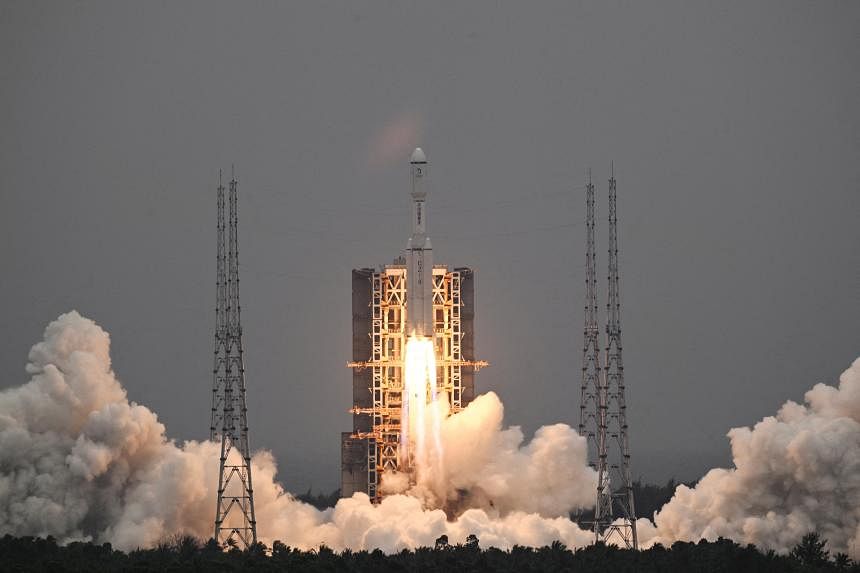SYDNEY – China’s military capabilities in space are developing at a “breathtaking” pace that looks set to only intensify after recent defence reforms, the head of the US Space Command said on April 24.
General Stephen Whiting told journalists that Beijing had “tripled the number of intelligence surveillance and reconnaissance satellites on orbit” in just six years, with repercussions across military domains.
“Frankly, the People’s Republic of China is moving at breathtaking speed in space, and they are rapidly developing a range of counterspace weapons to hold at risk our space capabilities,” Gen Whiting said.
Describing China as the US’ top “pacing challenge”, Gen Whiting said Beijing had used “space capabilities to improve the lethality, the precision and the range of their terrestrial forces”.
China’s leaders had underscored future space ambitions with recent military reforms, he added.
Beijing on April 19 announced the creation of an information support force within the People’s Liberation Army, essentially reforming the way cyber, information, logistics and space operations are run.
The changes “further enhance the importance of space and information warfare and cyber operations” in China’s military, Gen Whiting said, offering an initial assessment of Chinese leader Xi Jinping’s announcement on April 19.
The head of the US Space Command – a unified combatant command that brings together all service branches, including the Space Force – urged “more transparency” from China, as it develops civilian and military space capabilities.
The world’s second-largest economy has pumped billions of dollars into its military-run space programme in an effort to catch up with the US and Russia.
China will on April 25 send a fresh crew to its Tiangong space station, part of an effort to send astronauts to the moon and establish a research base on the lunar surface by 2030.
China has billed the International Lunar Research Station as a cooperative and scientifically focused project.
“We’ve seen the announcements of China’s ambitions to go to the moon, and you know, those appear to be exploratory and scientific on the surface,” Gen Whiting said.
“But the Chinese aren’t very transparent with what they do in space. And so, you know, we hope there’s not a military component to that. But we would certainly welcome more transparency.” AFP

